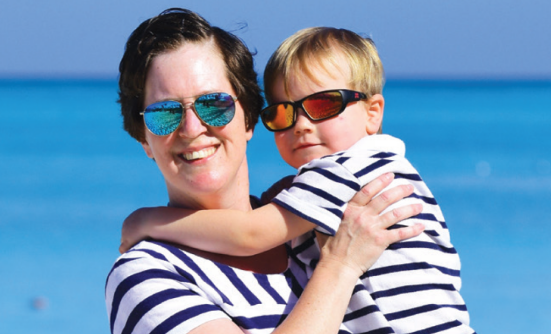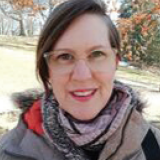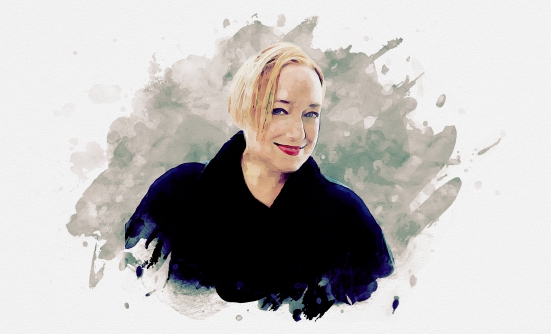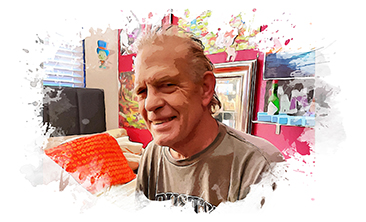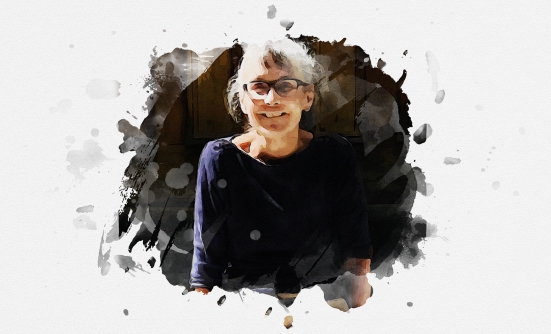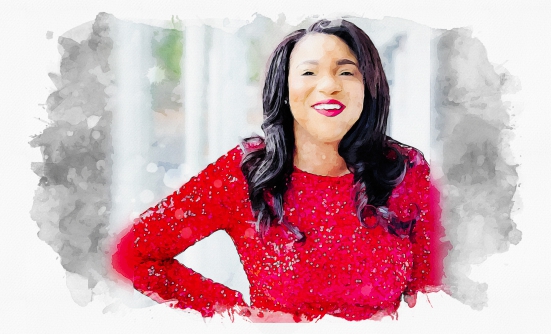You can never really say you “had” cancer when you have been diagnosed with multiple myeloma. It’s always inside you, hiding, and you know it will come back. Every time before my bi-monthly checkups, I wondered the same thing—“Is this the time it comes back?”
When I was initially diagnosed in 2010, I hoped for as deep a response as possible, maybe even believing I could be cured. But in the back of my mind, I knew it was coming back.
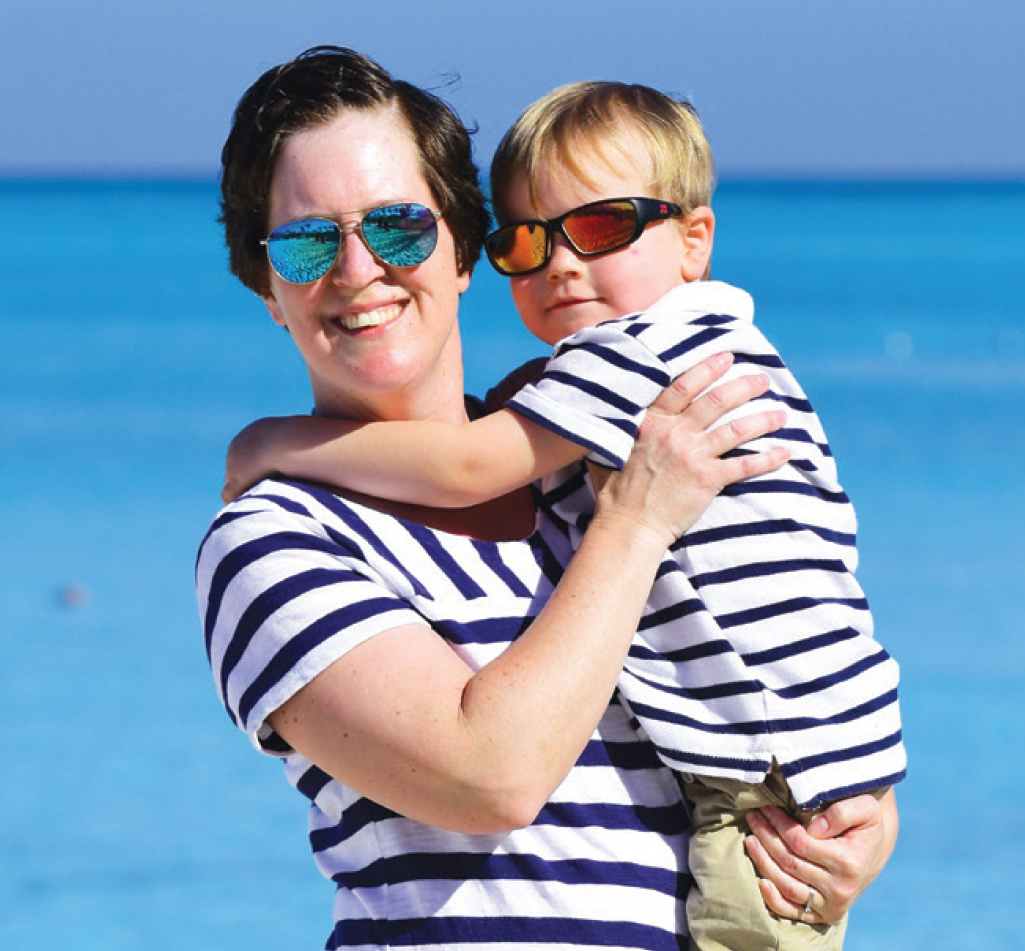
No Frame of Reference
I had been ill many times several years before my official diagnosis, and I was often misdiagnosed with another ailment. I’d go from one doctor to the next, and each time they would send a letter to my family physician saying they couldn’t find anything wrong with me.
My immune system was compromised— for example, I’d get strep throat every month in the winter or had had secondary infections after every cold which required antibiotics, and I even got shingles a few times. I didn’t have a frame of reference to know exactly how sick I was. No one I knew had had cancer or a major illness, and the worst illness I’d dealt with up to that point was cleared by a prescription of antibiotics.
Although I wasn’t feeling well, I was still working full-time and going to night school full-time, until one day I collapsed at work. A visit to the emergency department confirmed that I was severely anemic, and had a high M protein in my blood—2 classic signs of multiple myeloma.
What Nobody Can Predict
I needed a blood transfusion, but no one at the emergency department said I had cancer. But, shortly after, they did a bone marrow biopsy that confirmed I had multiple myeloma. By the end of the week, I was receiving chemotherapy plus steroids.
In only a few days, I went from thinking that I had an iron deficiency to being diagnosed with a type of cancer no one in my circle had heard of. Even I couldn’t believe it until my oncologist thoroughly explained this to me. For more than 2 years I went from one specialist to another and kept hearing the same thing—nothing was wrong with me, and maybe I was too stressed. My multiple myeloma specialist apologized that the diagnosis was missed for so long, suggesting I probably had it for 2 years by then.
My peers were building careers and settling down. The week that I was in the hospital starting chemotherapy, my twin sister was in the same hospital having her first baby.
Initially, I was lucky. My oncologist recognized the unique needs of someone as young as me (I was 32 then) being diagnosed with this type of blood cancer, which is more common in older people (in their 60s or older). In addition to the typical therapy with the corticosteroid dexamethasone, I also received Velcade (bortezomib), which was a novel therapy at the time.
My insurance was not covering this drug so it was not going to pay for this drug as a front-line therapy, but my oncologist managed to get the hospital and the drug company to pay for it on a compassionate use basis (which allows patients to receive a drug outside of the FDA-approved indication). I was lucky to have access to a very effective drug right off the bat.
After 4 cycles of therapy with Velcade plus high-dose steroids, as well as other supportive treatments, I had my first autologous stem-cell transplant. After 3 months, I had a complete response to treatment, meaning the disease was in remission.
7-Year Remission
At that point, I didn’t have any treatment for 7 years. That’s not always the case with multiple myeloma. Many patients typically continue to use maintenance therapy with one of the currently available drugs, but not me.
During that 7-year period, many things happened. Once my oncologist told me I wouldn’t have any more treatments, I jumped back into life. The pictures on the multiple myeloma pamphlets I received were of older people in their 60s or older. So, I didn’t think that the concept of disease relapse (coming back) applied to me. I was ignorant.
I went back to work, got married, and had a baby. I was dating my husband when I was initially diagnosed with multiple myeloma and through the course of my illness, we grew closer. Eventually we moved in together and decided to have a family.
Relapse
In 2015, the doctors noticed that some cancer markers were showing up in my bloodwork. We watched them carefully for several years, until the disease relapsed in 2017. At that point I had to start treatment all over again.
For the most part, the second cycle of treatment was similar to the first cycle, except that I had a different treatment protocol with a different drug called Kyprolis (carfilzomib), which was used before I had a second autologous stem-cell transplant, followed by consolidation chemotherapy.
Currently, I’m receiving once-a- week maintenance treatment with the oral drug Ninlaro (ixazomib). I try my best to keep up with peers and friends, but the fatigue is real. As a person with a history of multiple myeloma, my immune system is compromised, so when I am with a group of people, I often get sick, which is especially problematic these days, with the coronavirus outbreak. In my family we are all in self-isolation, knowing that people with multiple myeloma are at increased risk because of their impaired immune system.
Taking on Too Much
It’s a struggle to find a balance in taking care of my family and giving myself time to recover. I find myself trying to take on too much, again: acknowledging my health limitations is a challenge for me.
My 4-year-old son has a lot of energy. I don’t want to miss out on any special moments with him, which means I tend to overdo it on the weekends. By Monday or Tuesday, I’m very tired and need my “recharge” time.
Aside from the fatigue, I get neuropathy in my hands, along with some generalized muscle weakness, which are common side effects from long-term chemotherapy as well as multiple myeloma itself.
Limitations
I’m exploring whether I can go back to work full-time in my corporate job. I’d like to, but I’m also keenly aware of my limitations. Do I want to give all the energy to my job and come home feeling sick or very fatigued? I have my son, and I want to be there for him. I’m trying to find the balance of how and where I should invest my time.
Before having cancer, I was very success-oriented—I wanted to be a manager by age 40 and have a lot of money in my pension. I’d work 18-hour days, no problem. It was go, go, go. With cancer came a shifting of those priorities. I value time with family; leaving a legacy; giving back; advocacy. I’m also much more of a homebody now.
We often have a sense that people need to have a career to contribute to society. After my second round with cancer, one of the first things people asked me was, “Are you back to work yet?” It’s difficult to respond to that, to help people understand that cancer does change you. Career is no longer the major driver in your life.
When you are 40 and look young and healthy on the outside (and even your hair grows back), it can be difficult for people to grasp that you may be living with an invisible disability and may not be able to work. Multiple myeloma has no cure, so it is there for life. It’s not like you get treatments, and it’s all fine now.
Community
I also didn’t realize how valuable— and necessary—having a strong, supportive community was. During my first diagnosis, I had the expectation that once I finished treatments, I’d just resume my old life, and I didn’t really need to reach out to others.
But now, being unable to drag myself up our 3-story walkup, and then late-night online searches on depressing statistics about multiple myeloma, made me realize that I couldn’t do all this by myself. Cancer is a big deal, and so is our mental attitude. I realized that I was “messed up” more than I thought. I began reaching out to others online and started to form a support community.
The dread of when my cancer will come back, and the what-ifs, inevitably creep into my mind. My husband and I try to live with hope. We know it is going to come back, but we try to live in the present and not waste our energy worrying about the future, and what will happen. That requires balancing the need to be realistic about the cancer and trying to live in the present.
Patient Resources
International Myeloma Foundation
http://www.myeloma.org
Multiple Myeloma Research Foundation
https://themmrf.org





